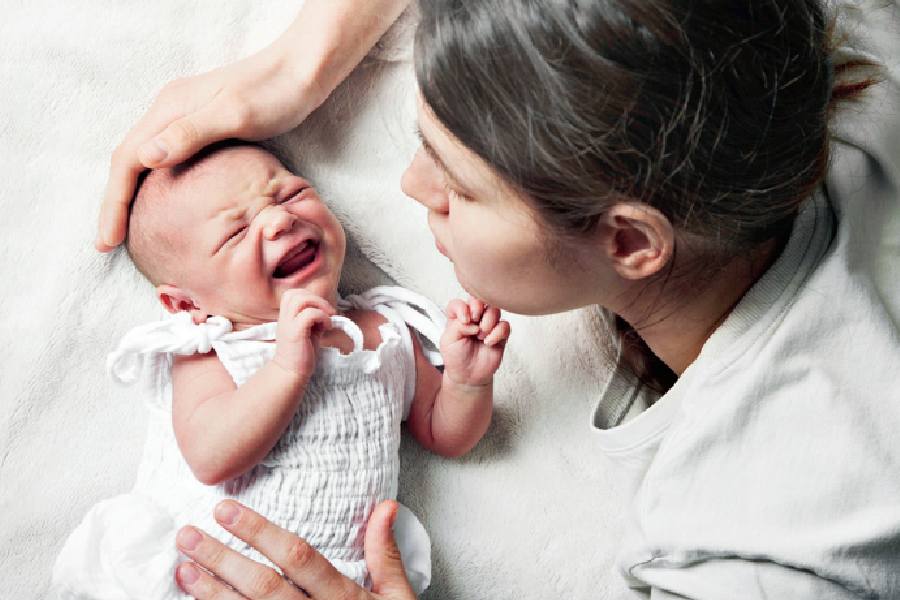The joys of motherhood are not unalloyed; this can be a slightly shame-faced admission in a rare season or, occasionally, part of a weak pretence of wit. It seems that children are worrying, yet entrancing in their unmanageability, their measles and chicken pox, their fusses and fancies, their unshakeable belief that bugs and mud are food, their eager playfulness just as the clock strikes three in the morning. Love conquers all. Few mothers would say, as Gul Panag has done, that motherhood is overwhelming, thankless, exhausting, frustrating, and rewarding every now and then. Such things should be normally spoken about. What Ms Panag, the former beauty queen, actor and trained pilot, was trying to make ‘normal’ was the acceptance that a mother’s body and emotions do not always feel on top of the world. By unwinding the skeins of myth clothing the mother figure, her comments focused on the convenient abstraction created by a society which relies greatly on women’s unacknowledged labour. But mothers are often tired, exasperated, and plagued by feelings of guilt and inadequacy.
The ideal of the sacrificing mother is culturally so deep-rooted that recognising her exhaustion and frustration is dangerous to social hierarchies. Mothers’ invisible work begins from pregnancy, which is a ‘natural’ and welcome condition — the latter in certain family situations — so that complaints about the physical stress that can be experienced in spite of the release of ‘good hormones’ are unthinkable. Although the education of a growing child, from the mother’s nursery rhymes to homework, travel to and from coaching classes or attendance at parent-teacher meetings, is often identified as the woman’s invisible work, as are cooking meals at different times, laundry and cleaning, there can be no measure of the physical stress, the tension of juggling jobs or the emotional cost of being taken for granted by the entire family.
Making the undervalued valued and ‘normal’ may have lain behind the decision of the former New Zealand prime minister, Jacinda Ardern, to bring her three-month-old toddler to the United Nations General Assembly in New York. Other women leaders in the West, too, are trying to remove one of the major sources of maternal stress by eliminating the taboo of bringing infants to work. The former British member of parliament, Jo Swinson, brought her baby to the House Commons during a debate. For her it was a step towards modernisation: neither the woman’s place nor that of her nurturing work should be confined solely to the home. Society loves the dedicated mother, but it still baulks at witnessing that dedication as a normal part of the workplace. She may be perceived as the loving protector, a force for good, as many deities are in India’s majority religion. But such abstractions also create the ruse to tie the mother to the child’s diaper tapes. Ms Panag’s forthright demand that the challenges of motherhood be normalised confronts precisely these layered hypocrisies.










